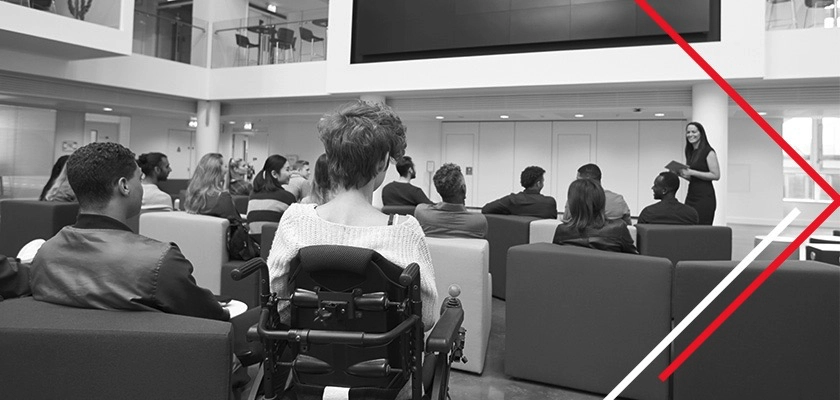3 Things I Hope My Instructors Remember as We Return to Campus
Returning to campus brings a lot of mixed emotions that are heightened knowing that COVID-19 changed many people's lives in insurmountable ways.

Over the past year, we have all had to adapt to an ever-changing environment based in the unknown. We have almost come full circle as many of us return to campus, work, and a life that resembles what we used to know. However, the past year has been extremely hard on each of us mentally, physically, and emotionally.
As the COVID-19 Pandemic caused the world to shut down and slow down, many of us were offered time and space to think critically about the lives we lead. For college students, especially freshmen, returning to campus feels both scary and exciting. Neither of these emotions are new in the context of college life, but there’s still something different than the usual fall semester starting.
The past year has also shown that instructors are so much more than educators. They’re a consistent force in what can be a chaotic life. Sometimes they’re our biggest cheerleaders; they’re mentors and advisors. As we return to campus, I hope instructors know and feel the value they have in their students’ lives beyond the gradebook. Here are a few things I hope mine think of as we start the new year.
Acknowledge the Past Year. Don’t Gloss Over the Hardships!
The pandemic and events in the past year have left people without loved ones, experiencing persistent health problems, increased awareness of racial inequality, and many other concerns. People had uncomfortable conversations with family and friends surrounding loss, mental health struggles, and so much more. It was a tough year! Acknowledge the struggle we all felt, and that it varied for each of us, but that doesn’t invalidate our experiences or those of our peers.
Establish Boundaries & Allow Students to Create Boundaries
Similar to above, express clear boundaries of respect and thoughtfulness when having conversations in the classroom. Additionally, think through physical boundaries you may want to implement in your classroom. Though many places are allowing vaccinated people to be mask-free, acknowledge students that want to wear a mask can do so and discuss their concerns with you in private. This means continuing to be adaptable and flexible with students about their needs, especially if they’re languishing.
Kindness and Empathy are the Foundation
A common thread for students throughout college is that classrooms are practice for the workplace. One of the most important leadership skills is empathy. This means acknowledging stories that vary from ours, appreciating the differences rather than allowing them to divide us. Empathy stretches further when it’s tied through intentional acts of kindness.
Like we’ve explained to students, kindness is not the same as being nice. Fostering empathy and kindness in the classroom means both instructors and students need to feel comfortable sharing open dialogue, turning away from logic bullying tactics, and treating one another with respect.
We’ve already known the impact instructors can have on the lives of students and their families. The past year put a bigger spotlight on the work they do to help individuals reach their greatest potential while balancing their own complicated lives. I know that these 3 ideas are nothing new to many instructors, but I hope they act as a reminder that while life might start looking like it’s back to normal, for many of us it will still take time to feel that way.


